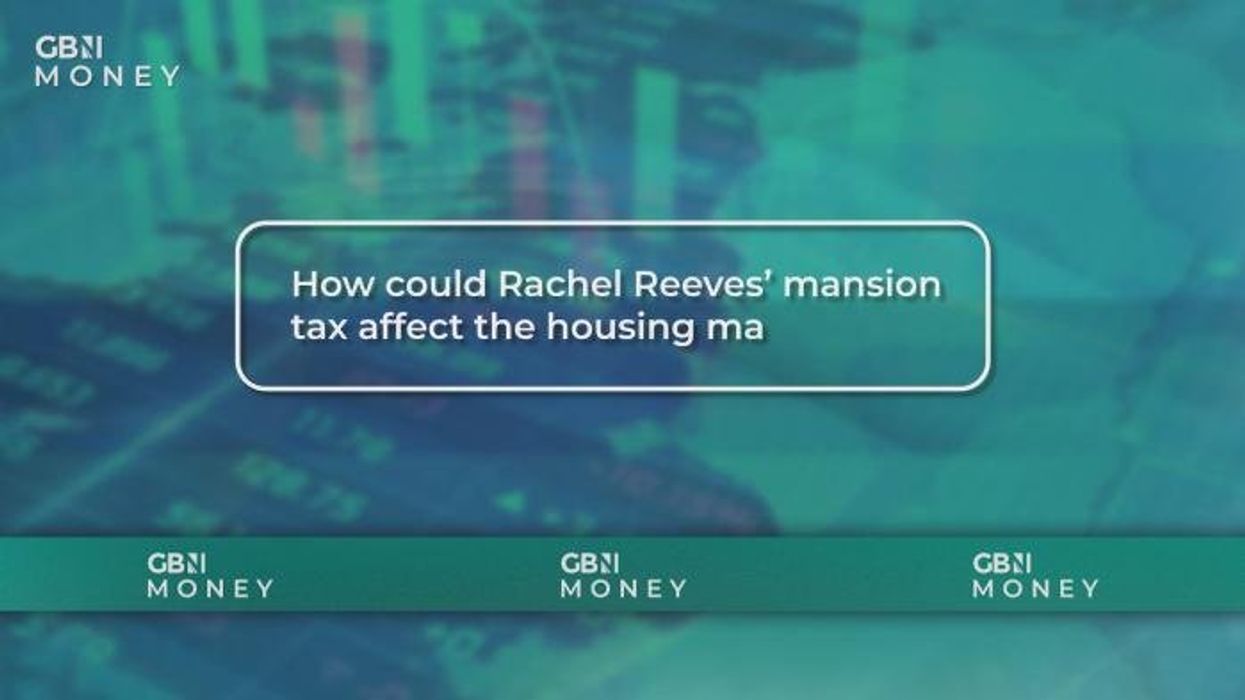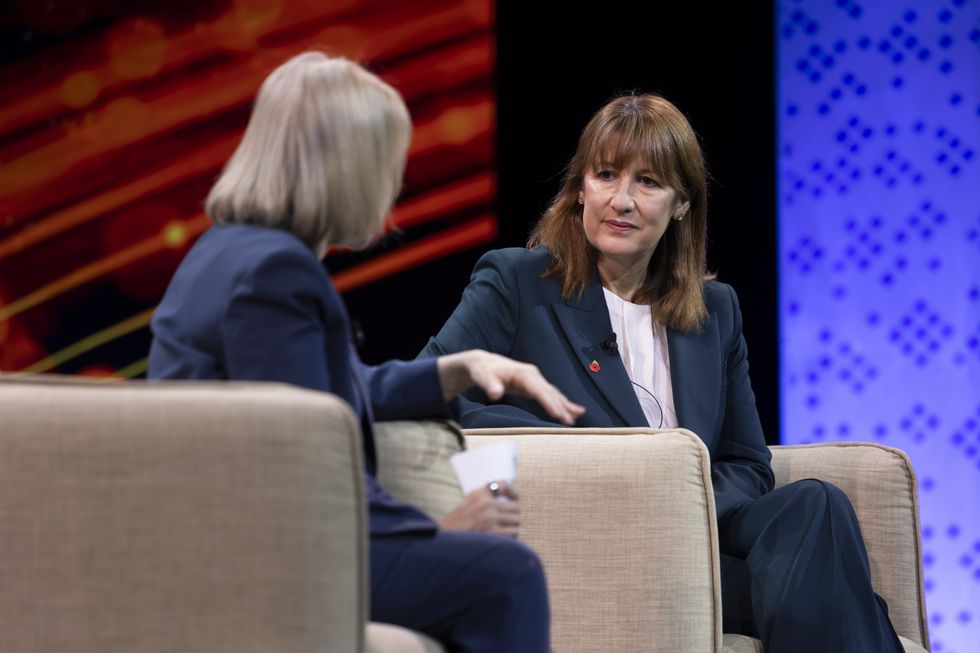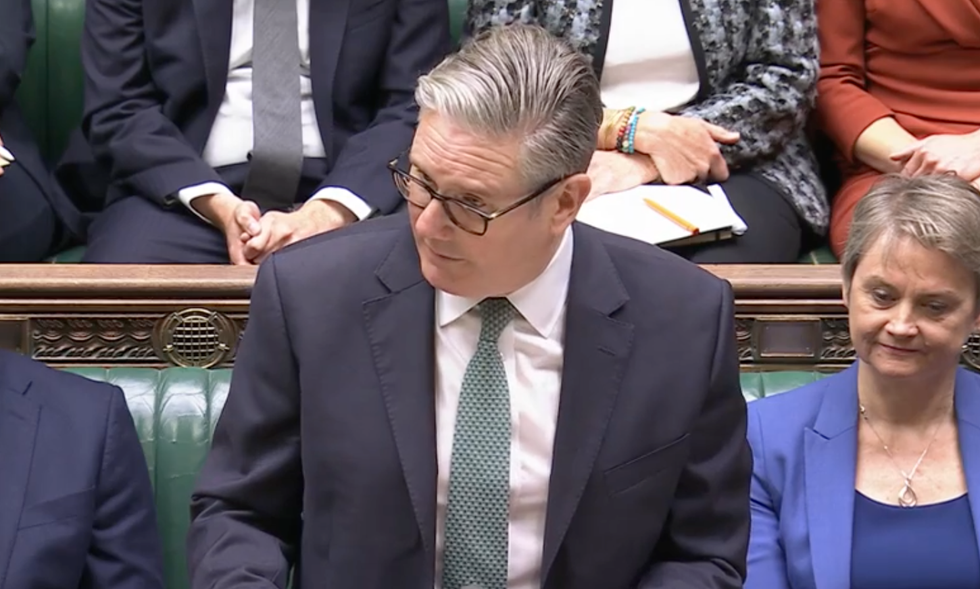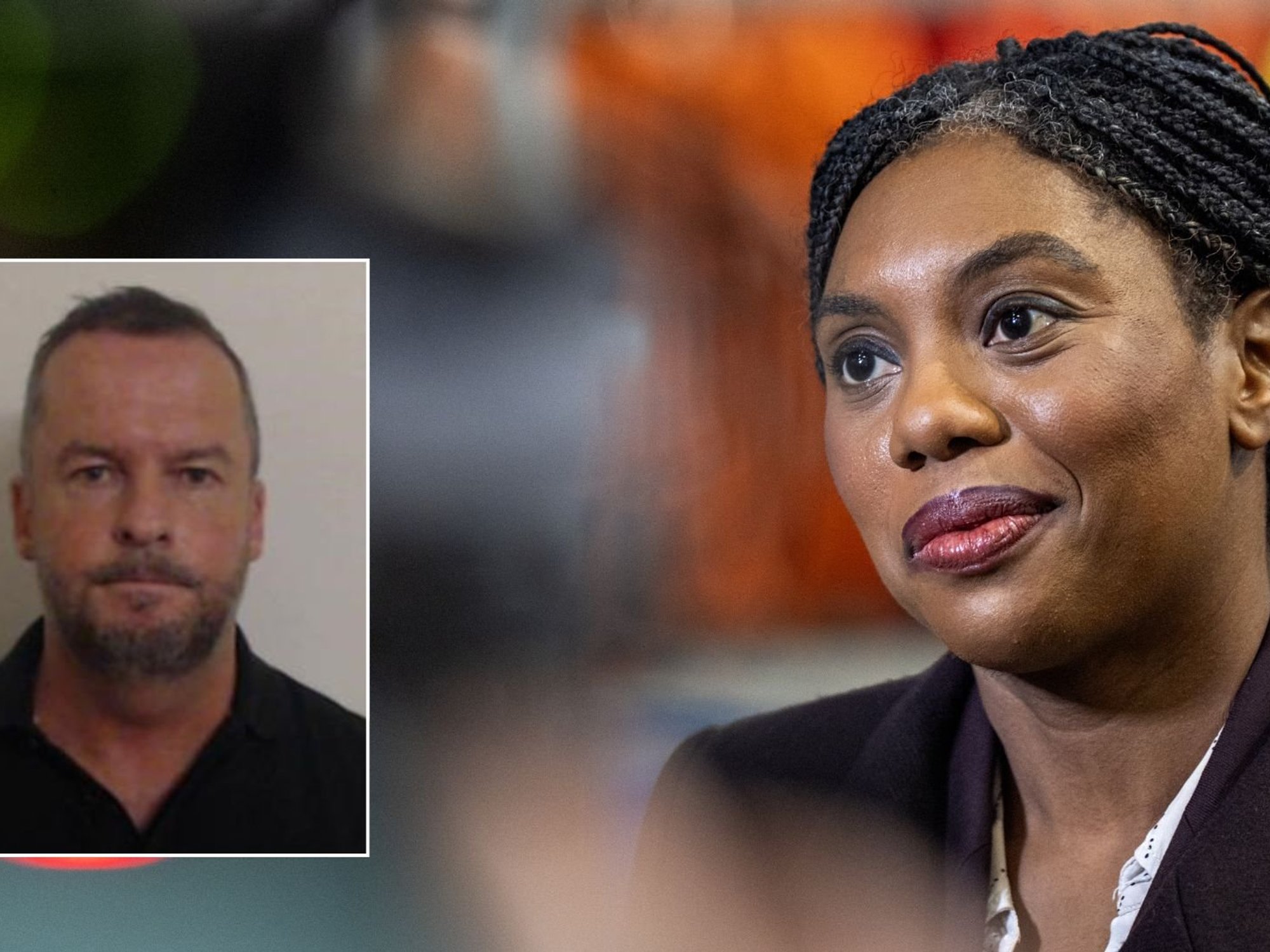Income tax could be hiked in Rachel Reeves raid despite Labour promises as Budget looms

How could Rachel Reeves' mansion tax affect the housing market? |
GB NEWS

The Chancellor will give her Autumn Budget on November 26 with tax rises widely expected
Don't Miss
Most Read
Latest
Chancellor Rachel Reeves is understood to be considering a potential 2p hike to income tax rates that would violate pledges made in Labour's election manifesto, according to sources familiar with the discussions.
The Chancellor is exploring this option after Prime Minister Keir Starmer declined to reaffirm Labour's commitment not to raise income tax, National Insurance or VAT during Wednesday's session in the Commons.
Should the Chancellor proceed with such a measure in the forthcoming Budget on November 26, she would become the first to increase the basic income tax rate since the 1970s.
The Prime Minister's refusal to stand by his party's tax promises represents the strongest indication yet that the government may abandon its manifesto commitments whilst attempting to address public finance challenges.

The Chancellor is rumoured to be raising income tax as part of the Budget
|TREASURY
The proposal under serious consideration involves reducing National Insurance contributions by two pence whilst implementing an equivalent increase across all income tax bands, The Telegraph reports.
This measure would generate approximately £20billion for the Treasury but would particularly affect those who pay income tax without contributing to National Insurance, including retirees and property owners.
Notably, the policy, originally suggested by the Resolution Foundation think tank last month, would maintain current tax levels for the 30 million workers who contribute to both systems.
As such, this approach could enable the Government to argue that overall tax rates remain unchanged, as promised in their manifesto, despite the significant impact on specific groups who would face higher bills under the arrangement.

Britons are worried about rising tax bills
| GETTYDuring Prime Minister's Questions, Conservative leader Kemi Badenoch directly questioned whether the government remained committed to its 2024 election promises regarding taxation.
"Last year, in his manifesto, Labour promised not to increase income tax, not to increase National Insurance, and not to increase VAT. Does the Prime Minister still stand by his promises?" Ms Badenoch asked.
Rather than confirming these commitments, Mr Starmer responded: "I am glad that the Leader of the Opposition is now finally talking about the economy.
"I can update the House of Commons: retail sales are higher than expected; inflation is lower than forecasted; growth has been upgraded this year; and the UK stock market is at an all-time high. The Budget is on November 26, and we will lay out our plans then."
Government representatives subsequently declined to provide assurances that earlier tax commitments remained in place.
The Resolution Foundation's framework, which Treasury officials are examining closely, would establish the basic income tax rate at 22 per cent, an increase from the current 20 per cent.
Higher earners would see their rate climb from 40 per cent to 42 per cent, whilst those in the additional rate bracket would face a rise from 45 per cent to 47 per cent.
The corresponding National Insurance adjustments would see basic rate taxpayers' contributions fall from eight per cent to six per cent.
LATEST DEVELOPMENTS:

Keir Starmer sidestepped questions related to tax earlier today
|GB NEWS
Those paying higher and additional rates would benefit from a complete elimination of their 2 per cent National Insurance contribution.
Former advisers to the Prime Minister have suggested that less generous National Insurance reductions might be under consideration, which could yield additional revenue beyond the £20 billion projection.
The Chancellor faces mounting fiscal pressures including the abandonment of cost-saving welfare reforms, reduced savings from winter fuel payment restrictions, and downgrades to productivity forecasts.
These factors, combined with shifting economic projections, necessitate raising tens of billions in annual revenue at the Budget.
The Chancellor's decision to maintain greater fiscal headroom than the previous £10 billion buffer has intensified the requirement for additional tax revenue.
More From GB News










